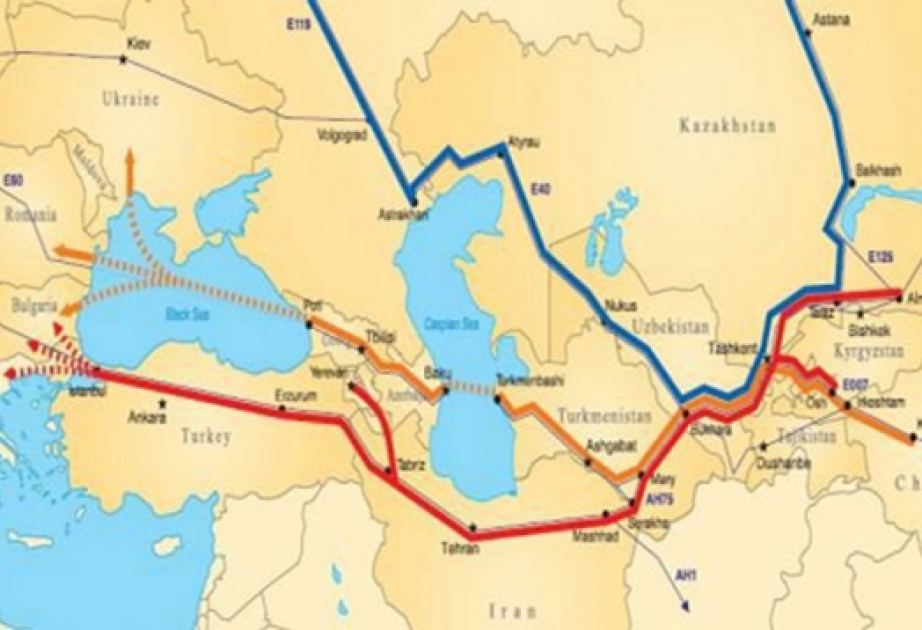By. Zaman Bajwa.
Within the Indian Subcontinent, Valley of Kashmir has been dubbed as a piece of heaven on Earth. Her beauty cannot be described in words, the only justice that can be done is to witness her firsthand. However, it is equally the most militarized zone, and since August 5th, 2019, it has been dubbed as the biggest open-sky prison in the world. Due to revoking of the Article 370, which granted Indian Occupied Kashmir the special status of semi autonomy, situation of Kashmir and lives of her residents is becoming worst by passing of every day. Millions of outsiders are getting residential permits which is big conspiracy to change the demography of State of Kashmir in favor of India. Such kind of acts are not only the violations of UN resolutions on Kashmir but also a great threat to the environment and eco system of valley.
Worst of all the celebration of Amarnath Yatra the massive numbers of pilgrims visit the ecologically fragile region is also a matter of grave concern. The environmental experts have already raised alarm over the growing activities in the Himalayan region saying that the increasing numbers and remains the left behind not only affect the region’s environment but has terrible impact on the eco system.
Since 2014, domestically Kashmir has witnessed an increase in dry weather conditions. Kashmir being a mountainous region is known for the production of dry fruits and other expensive spices such as saffron. However, the impact of global warming is very obvious and is threatening the livelihood of the locals, with an average of 1.45°C rise annually. People have witnessed early growth of local flowers which usually grow at least a couple of months later, furthermore, complaints about crops completely burning out due to unpredictable climate change has also been reported. Many local farmers on the Indian side of Kashmir have complaint a decrease in production, whereas the trauma of 2014 is still fresh in the hearts of both, people of Indian Occupied Kashmir as well as the people of Pakistan, who saw the consequence of the devastating floods of Kashmir when it flooded the Province of Punjab.
Kashmir is considered a very strategic location as it provides 75-80 percent of the consuming water to Pakistan whereas India's most holy river, River Ganges, also initiates from the streams of Kashmir. However, the ever-fasting melting of glaciers and droughts is causing drying up of rivers, especially those flowing towards Pakistan in an alarming rate. Pakistan already doubts India's honesty towards the natural flow of the rivers, and this sudden drying up of rivers will cause hurdles in the transboundary water sharing between India and Pakistan, which will only severely strain the already tensed relations even more. Apart from this, climate experts have warned about additional extreme weather conditions the region may face in the future, including excessive rain, colder summers, rising winter temperatures, increasing hailstorms and cloudbursts. The ecological imbalances without doubt will have severe consequences both in Kashmir and Pakistan, however, the consequences for states away from the region cannot be undermined.
Such events then force the government to invest more on internal security rather than social welfare, often times cutting funds for the social welfare to increase the funds of internal security. These often have consequences which neither the government nor the citizens are prepared for. An example here could be given of Syria; the world remembers it for its unending civil war and rise of sectarian violence, however, very few know the reason behind the initiation of this violence. Prior to Arab Spring, Syrian villages were facing water shortages and were migrating towards urban areas as a result. Due to overpopulation, and as a result of increase in crime rate and unemployment, the government had to take unfavorable actions which eventually led to the civil war happening till this day. One can only imagine the dire consequence of such mismanagement may lead to in the region.
Besides India’s illegal acts and violation of international laws Pakistan is playing lead role to protect the environment and minimize the adverse impact of climate change. World is admirer of Pakistan’s efforts and honored Pakistan to host World Environment Day 2021 in partnership with the UN Environment Programme. It is the United Nations flagship day for promoting worldwide awareness and action for the environment.
For Pakistan, this international achievement has come about because of our relentless commitment at achieving a sustainable future. During the past few years, ambitious projects such as the “Billion Tree Tsunami” project and Clean and Green Pakistan have propelled the country in becoming an international frontrunner in the fight against climate change. This year’s commitments, too, showed great promise. The most essential feature that was successfully highlighted during the event was the contribution of the local communities towards the cause of the clean and green environment.
In the end, insistence towards peaceful solution would be encouraged. Valley of Kashmir is considered a piece of heaven on Earth, and it should remain as such. There is no solution towards a heavy militarization, it has only resulted negatively, especially with regards towards global warming and worst of all, the impact of this transnational mother nature's course has severely impacted the region internally; both in Kashmir and Pakistan.
During the World Environment Day speech UN Secretary General Guterres said “The earth is resilient but she needs our help”. In this context we request the UN and all major stake holders to ask India about it’s illegal acts which are reason of harm to environment and climate change. End the heavy militarization in the region, Implement UN resolutions on Kashmir.
Writer is development sector professional and Freelance Journalist.






